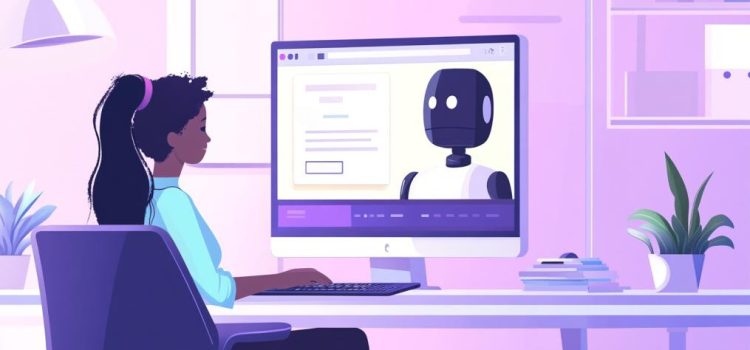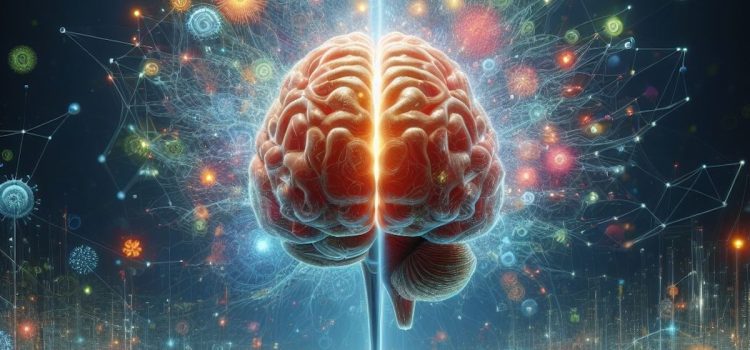Are you struggling to manage your time effectively at work? Do you find yourself micromanaging your employees instead of empowering them? In his book Buy Back Your Time, Dan Martell offers valuable insights on reclaiming your time and boosting employee productivity. He presents several ways to empower employees, allowing you to focus on more important tasks while fostering their growth and independence. Read on to discover practical strategies that can transform your workplace dynamics and enhance overall efficiency.
4 Ways to Empower Employees So They (and You) Can Thrive










